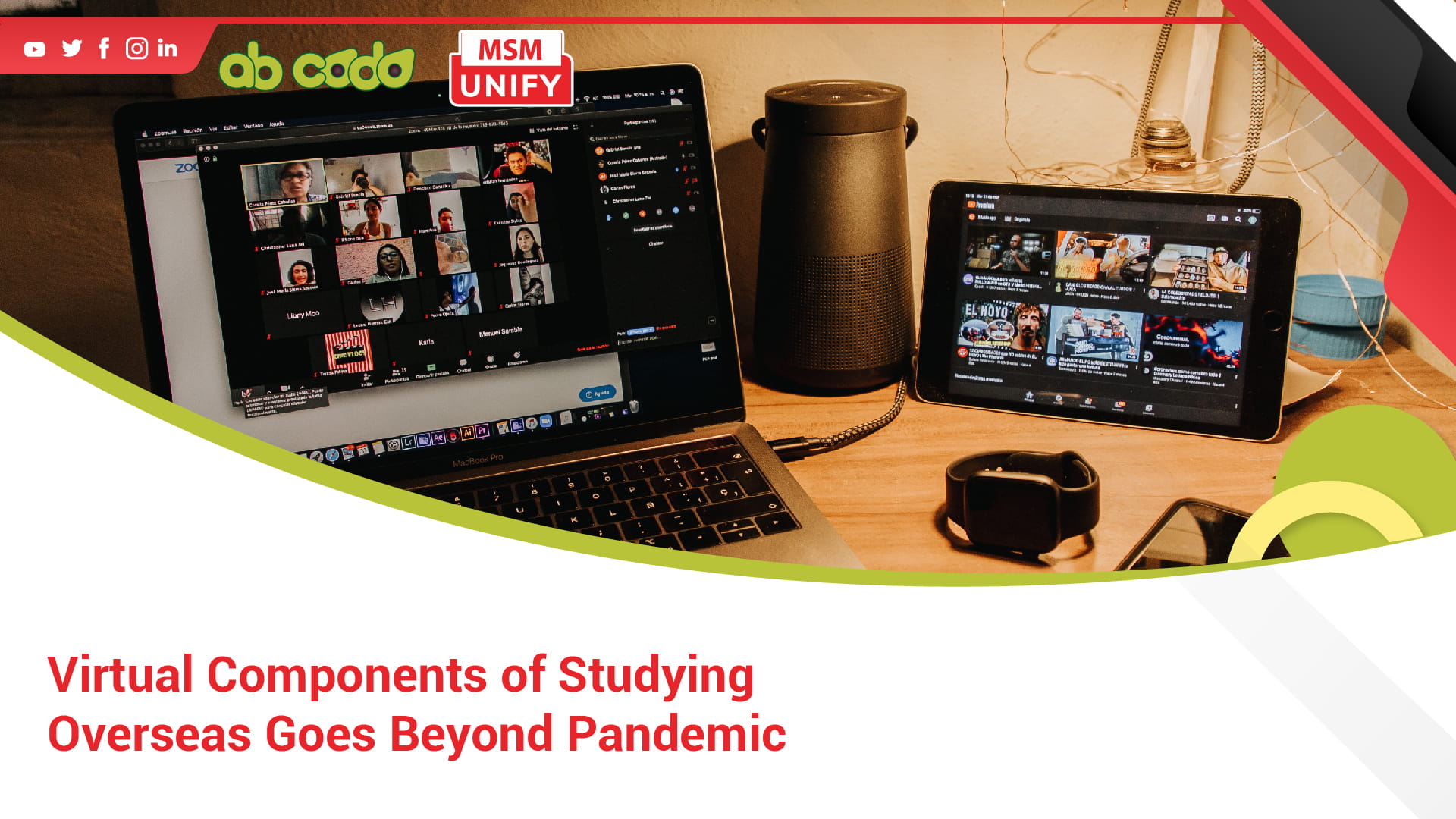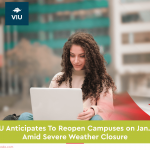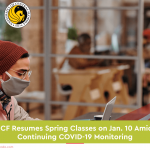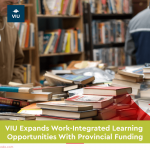Key Takeaways:
- Virtual components will be part of the mainstream for international education.
- Accessibility is the priority to bring students back to pursuing studies overseas.
- Virtual fair platforms worked better than in-person fairs.
Virtual learning will be a permanent part of studying overseas alongside in-person elements outlasting the COVID-19 pandemic. Ever since the pandemic hit in 2020, education experts overseas were faced with a new reality that made it difficult to sustain international student recruitment. Campuses closed, and the number of enrollments decreased significantly.
This led to a change in how educational institutions thought of how learning should be delivered to make it convenient and accessible to international students. According to Krista Mantello, an MBA program support supervisor of Western Washington University, if education professionals won’t look for solutions or opportunities in times of crisis, then something is wrong.
Accessibility was the top priority for students and the learning materials. With the growth of digital resources, more international students would push through their study dreams in their destination country. Study abroad fairs became effective in a virtual platform as the study abroad affiliates could easily join and be available to international students. This interactive component helped students choose a school without limiting factors such as time, place, and transportation.
EdAbroadCon, a three-day online conference of Western Washington, was created to attract students with its interactive elements. This event gave the institutions 2,000 hits as compared to an in-person fair with only 500 students attending. Virtual fairs did better than face-to-face ones all because of accessibility. More data were also gathered from students and can be used as follow-ups for prospective students.
Regarding pre-departure orientation, doing it on a virtual platform also led to more success in student recruitment. Aside from data collection, virtual advising was also convenient and more significant as compared to in-person appointments. In general, not all students can meet the 8-5 schedule. When campuses start to reopen, though, it can be expected that there will be a hybrid approach in dealing with prospective students that has a mix of online and face-to-face meetings.
While some institutions were successful in their virtual campaigns, some never gained traction. And this is a learning opportunity that educational professionals can work on. However, virtual internships became popular among students who want to do actual work in an international company or non-profit organization compared to online classes.
The COVID-19 pandemic has pushed educational institutions to look for other options. It is definitely a reset button, and education experts to consider how to approach the new normal. Going back to the pre-pandemic process is bleak, and the hybrid approach is deemed to stay.
Read more:
- International Students Must Hedge Their Choice of Study Destination Amidst COVID-19 Pandemic, Survey Finds
- International Students: Australia’s Loss, UK’s Gain
- The Silver Lining of Crisis: Advancements in International Education Amidst the Pandemic
Abcodo is the in-house recruitment partner of MSM Unify, a student recruitment and marketing platform that connects partner schools to top-tier agents and their students worldwide. Sign up now to get the latest updates and information on international student recruitment.









